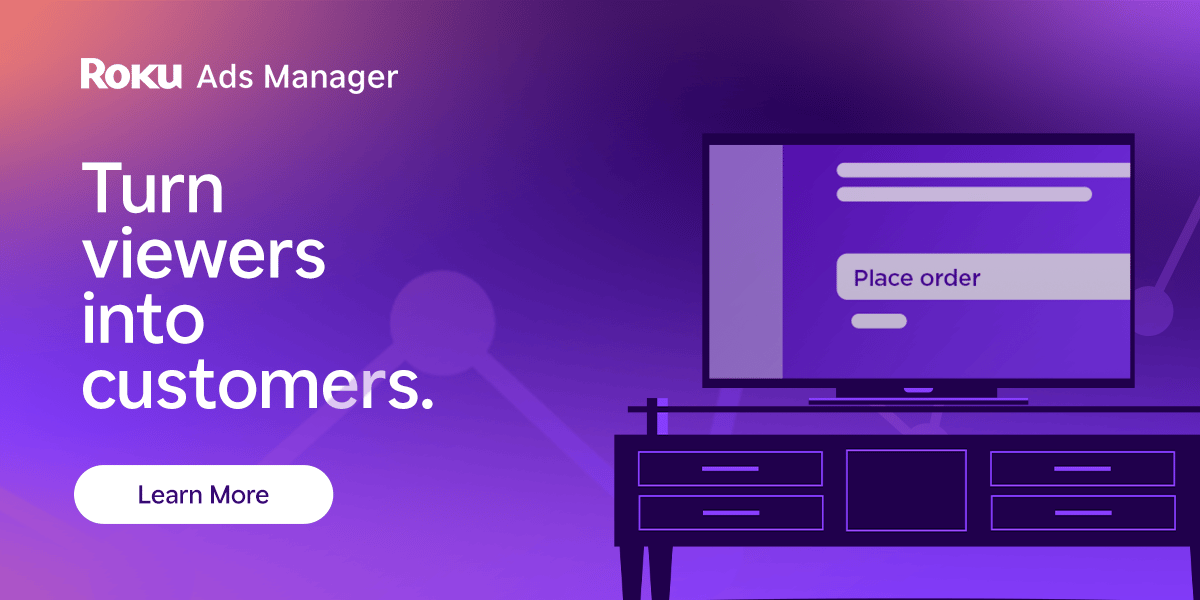Become the go-to AI expert in 30 days
AI keeps coming up at work, but you still don't get it?
That's exactly why 1M+ professionals working at Google, Meta, and OpenAI read Superhuman AI daily.
Here's what you get:
Daily AI news that matters for your career - Filtered from 1000s of sources so you know what affects your industry.
Step-by-step tutorials you can use immediately - Real prompts and workflows that solve actual business problems.
New AI tools tested and reviewed - We try everything to deliver tools that drive real results.
All in just 3 minutes a day
USA Today is reporting that the College Sports Commission and the NCAA have codified bylaws requiring junior college and high school athletes to report all third-party NIL deals to NIL Go. These changes are all part of the implementation of the House settlement. The bylaws are retroactive to July 1, 2025.
At both levels, the athlete will have two weeks from initial enrollment to report all deals to NIL Go. That is slightly longer than the time limit for D1 athletes, who only have five days to report.
The CSC and NIL Go are focused on eliminating “pay-for-play” deals. With the level of scrutiny on athletes once they enroll at a D1 school, until now, it was far easier to funnel money to athletes at junior colleges or while they were still in high school.
High school athletes will now be required to disclose any deals over $600 that were signed prior to the first day of their junior year. With only a handful of states still restricting high school NIL, this looks like a proactive move to prevent the free-for-all from the early days of college NIL.
The changes add to the patchwork approach to managing NIL. According to The Business of College Sports, just over 80% of D1 schools opted in to the House deal and revenue sharing. The remaining schools are still required to report deals over $600 to NIL Go, but are not bound by the new roster limits, benefit caps, and other revenue-sharing provisions. Schools that opt out do not have to track payments or maintain any benefit caps for their athletes.
The New Gray Area: Non-D1 Athletes
When the NCAA rolled out the new revenue-sharing system it was specifically designed for D1 athletes. The majority of NIL money has always been concentrated in the power four conferences. They created the CSC and NIL Go to manage and police the process.
That sounds like a great plan. Unfortunately, the vast majority of college athletes are outside of D1 and the power four. Right now, the NCAA’s public guidance and NIL Go use the phrase “all student-athletes” when talking about reporting third-party deals over $600. But D2 and D3 athletes were not part of the House settlement and their schools do not participate in revenue sharing.
The vague language creates different interpretations from different schools. Some are taking the “better to be safe” approach and requiring their athletes to report. Others are taking the “wait for more info & guidance” approach, allowing the hands-off management that was in place before House.
This is creating real confusion. D2 and D3 schools do not have a dozen NIL staffers to manage reporting. Without the same level of support as big D1 programs, it’s up to the athletes to guess about what counts, what’s required, and who enforces it.
Shoppers are adding to cart for the holidays
Over the next year, Roku predicts that 100% of the streaming audience will see ads. For growth marketers in 2026, CTV will remain an important “safe space” as AI creates widespread disruption in the search and social channels. Plus, easier access to self-serve CTV ad buying tools and targeting options will lead to a surge in locally-targeted streaming campaigns.
Read our guide to find out why growth marketers should make sure CTV is part of their 2026 media mix.

TAKEAWAY FOR ALL ATHLETES
If you play outside of D1, assume you’re still expected to disclose NIL income until your school or conference tells you otherwise. Make sure you get everything in writing and talk to your coach, AD, and compliance officer about where your school and division stand on reporting to NIL Go, how to report, and what state and local laws require. Even though the rules were built for D1, it doesn’t protect you from violating them.
Questions to Ask Your Compliance Office:
Do I have to report my NIL deals to NIL Go? Regardless of division, make sure you know what your school expects BEFORE YOU SIGN.
Who checks my disclosures? Find out if your compliance office reviews them or if they go straight to NIL Go.
What counts as a reportable deal? Ask if free products, local sponsorships, or social media trages trigger the $600 rule.
Does my state have extra NIL rules? Some states require additional paperwork or prohibit certain industries. Don’t assume its the same state to state.
Where do I keep my documentation? Save emails, receipts, screenshots, bank statements and ask your school if they want/need copies for compliance.
NCAA pauses plans to allow pro sports betting:
After a mountain of backlash from coaches, compliance offices, and state regulators, the NCAA paused its new rule allowing athletes and staff to bet on pro sports. NCAA leadership said they need more time to assess enforcement risks and coordinate with states where sports betting remains illegal before moving forward.
Learn how to make AI work for you
AI won’t take your job, but a person using AI might. That’s why 1,000,000+ professionals read The Rundown AI – the free newsletter that keeps you updated on the latest AI news and teaches you how to use it in just 5 minutes a day.




